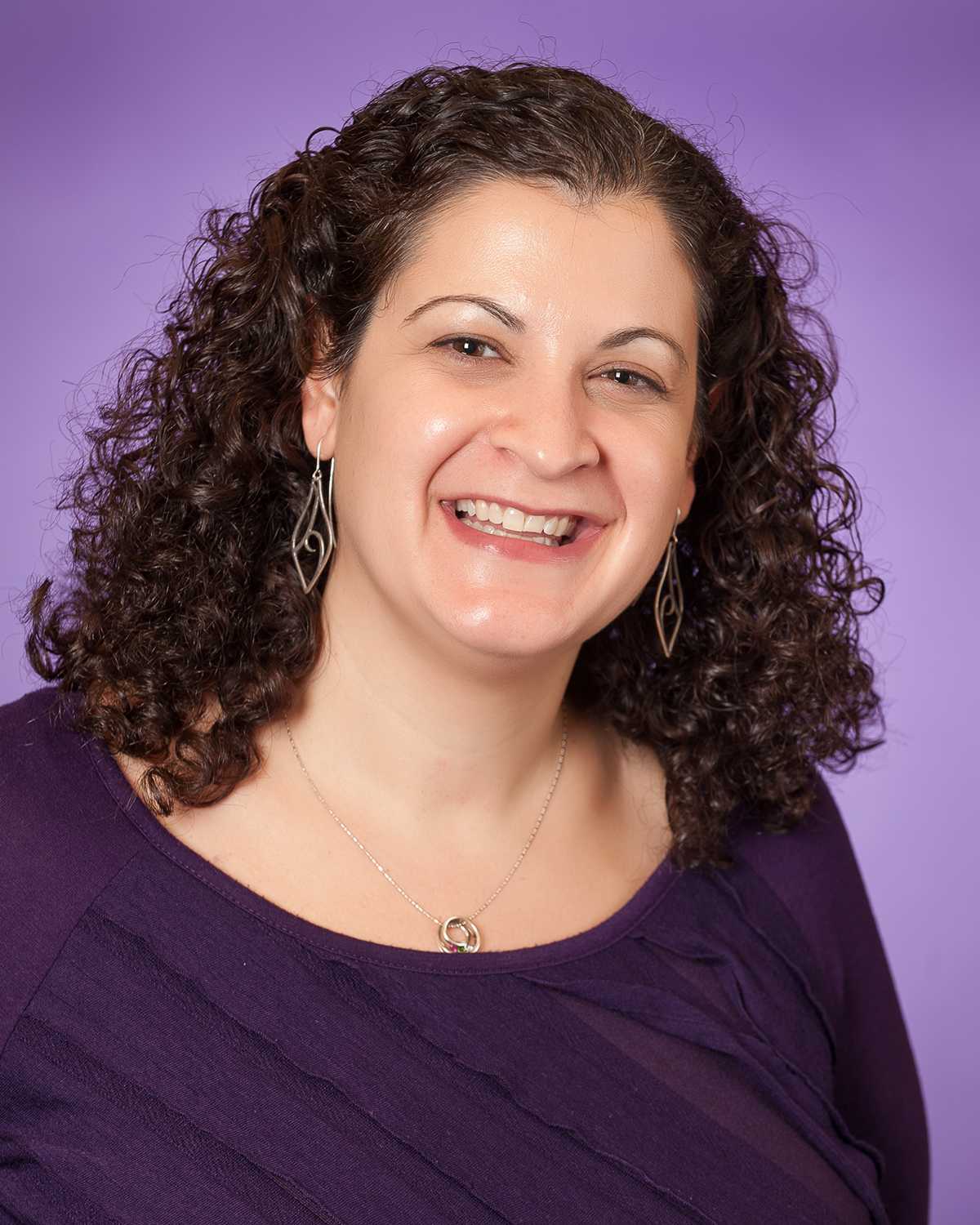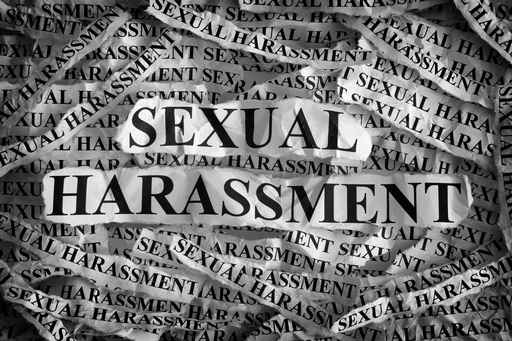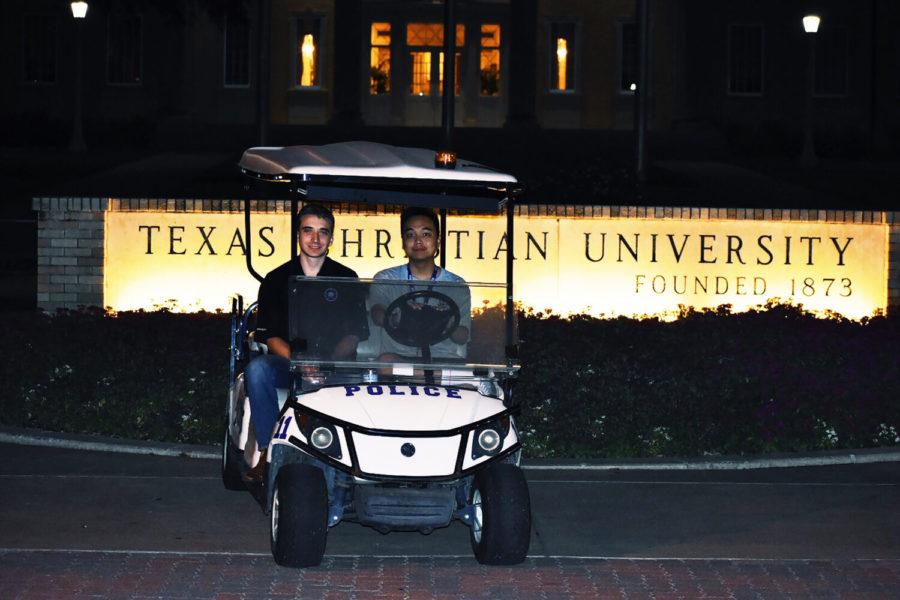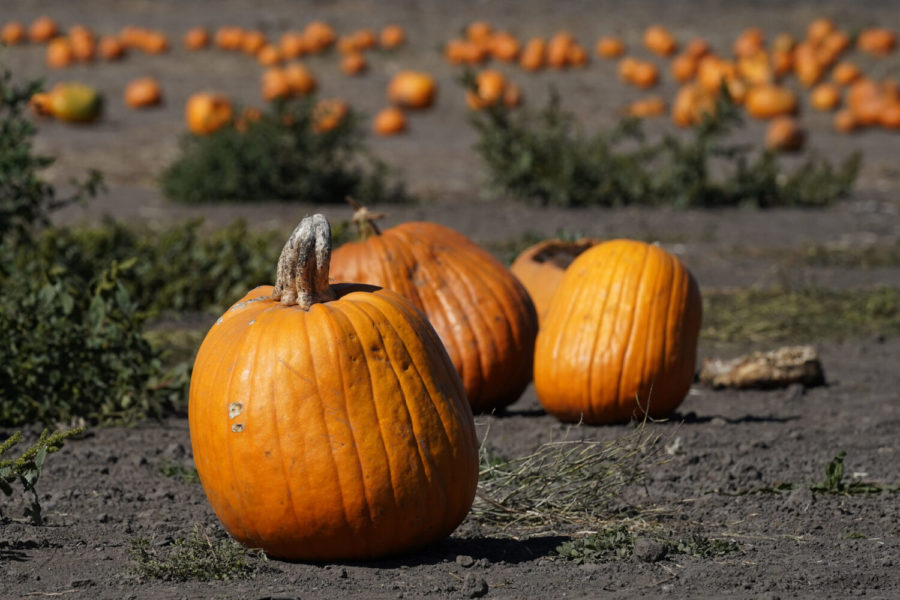Young women ages 16 to 24 – the largest student group of enrolled Horned Frogs – experience the highest rates of physical and sexual violence, according to a TCU researcher who thinks bystanders are key to reversing the trend. Bystander intervention workshops are being offered for students, faculty, and staff starting this semester. Dr. Nada Elias-Lambert, an assistant professor in the department of social work, is working with the Koehler Center to conduct them. Elias-Lambert’s research suggests that bystander intervention can help prevent sexual violence by giving the members of a community active roles in stopping assaults before they happen. “Participa nts are approached as allies in ending sexual violence rather than as potential perpetrators or victims, which is likely to reduce defensiveness among workshops participants,” said Elias-Lambert, who is also in charge of the graduate program from social work. This semester she wants to begin training faculty about how to react. The deans are encouraging four faculty members from the respective colleges to be trained on how to react. The workshops will build bystander knowledge, help develop skills, decrease rape myths, and increase self-efficacy. The next workshop is on Oct. 27 from 2 p.m. to 3:30 p.m. Kelsey Ritchie, student body vice president of external affairs, said that changing the conversation to include everyone in the issue and educating and empowering them through initiatives like bystander intervention is a step toward ending the violence. “At no point is it excusable for one person to think they are worth more than another person,” Ritchie said. “To use that mindset to take something that is not theirs. That is what sexual assault is: one person deciding that their desire is worth more than another person’s dignity.” Elias-Lambert led a similar program at the University of Texas at Arlington, which focused on students in Greek life. Elias-Lambert said the program has flourished, and she hopes the program will flourish for TCU as well. “I believe the benefit for students if all stakeholders on campus act as active, pro-social bystanders is a safer campus community,” Elias-Lambert said. “Where acting as an active, pro-social bystander is seen as the norm, and students are supported if they choose to speak up when they believe certain actions are inappropriate.”
nts are approached as allies in ending sexual violence rather than as potential perpetrators or victims, which is likely to reduce defensiveness among workshops participants,” said Elias-Lambert, who is also in charge of the graduate program from social work. This semester she wants to begin training faculty about how to react. The deans are encouraging four faculty members from the respective colleges to be trained on how to react. The workshops will build bystander knowledge, help develop skills, decrease rape myths, and increase self-efficacy. The next workshop is on Oct. 27 from 2 p.m. to 3:30 p.m. Kelsey Ritchie, student body vice president of external affairs, said that changing the conversation to include everyone in the issue and educating and empowering them through initiatives like bystander intervention is a step toward ending the violence. “At no point is it excusable for one person to think they are worth more than another person,” Ritchie said. “To use that mindset to take something that is not theirs. That is what sexual assault is: one person deciding that their desire is worth more than another person’s dignity.” Elias-Lambert led a similar program at the University of Texas at Arlington, which focused on students in Greek life. Elias-Lambert said the program has flourished, and she hopes the program will flourish for TCU as well. “I believe the benefit for students if all stakeholders on campus act as active, pro-social bystanders is a safer campus community,” Elias-Lambert said. “Where acting as an active, pro-social bystander is seen as the norm, and students are supported if they choose to speak up when they believe certain actions are inappropriate.”
Categories:
TCU offers faculty training for sexual violence intervention
Published Oct 12, 2016

Photo Credit (Associated Press)
Tags:
More to Discover









